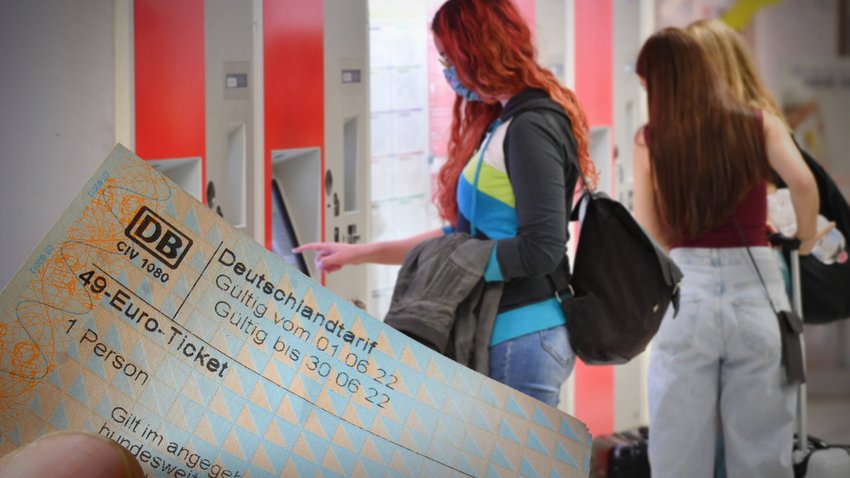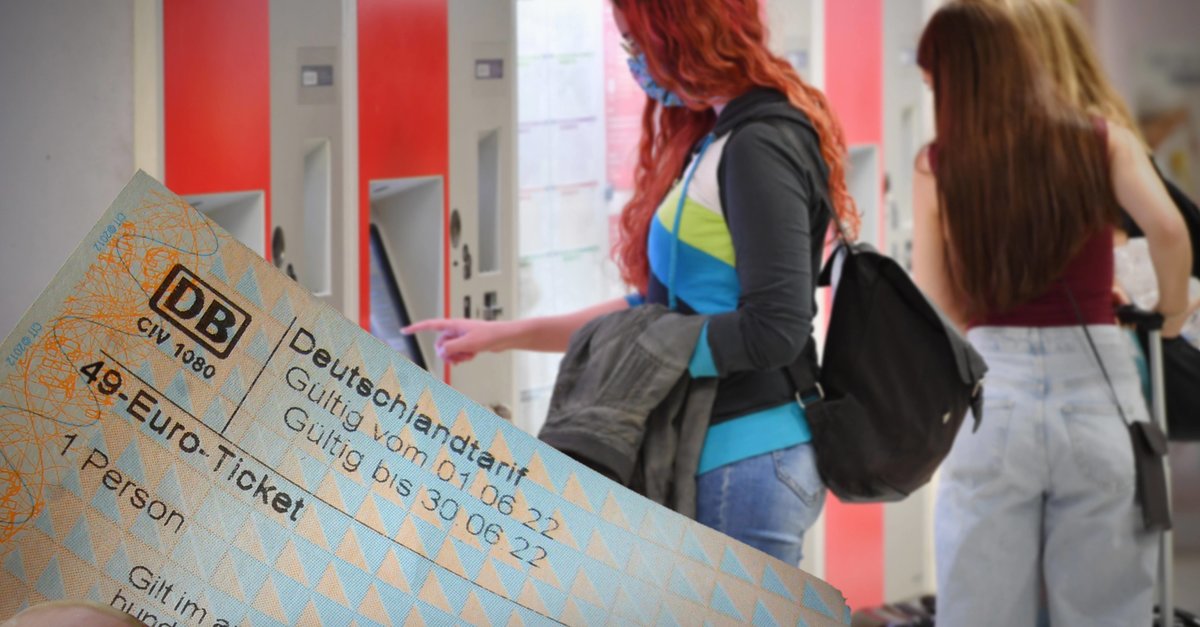Can this proposal turn things around?

The negative headlines about the 49-euro ticket don’t stop. The political bickering about the successor to the 9-euro ticket is not well received by the citizens. More and more turn away. The only exception: young people under 30. But they have a clear demand. Meanwhile, doubts about a punctual start are increasing.
So far, only the price has been fixed: it should cost 49 euros, the successor to the 9-euro ticket. The transport ministers of the federal and state governments recently agreed on this. Everything else, such as the start date or financing, is still in the stars. This state of limbo gives the Germans more and more abdominal pain.
Germans are losing interest in the 49-euro ticket
The dissatisfaction has now gone so far that many Germans seem to have basically no longer any interest in the 49-euro ticket. This is the result of an Insa survey carried out on behalf of the Bild newspaper (source: Bild newspaper). Just 19 percent of those surveyed stated that they wanted to use the 49-euro ticket. Every fourth person (26 percent) was unsure and almost every second person waved it off completely: 46 percent do not want to use the new saver ticket for local and regional transport at all.
Most recently, Flixbus boss André Schwämmlein had demanded that long-distance buses also be integrated into the offer of the 49-euro ticket. Younger people see it the same way. full 87 percent of the under-30s stated that they wanted to use a 49-euro ticket if long-distance buses were also integrated into it – a strong signal to politicians.
Not only with a 49-euro ticket you can save:
Is the ticket still on time?
It remains to be seen whether German opinion on the start of the 49-euro ticket will change – just as whether the planned start of January 1, 2023 is tenable. Bayern is now dismissing it and no longer believes in it.



